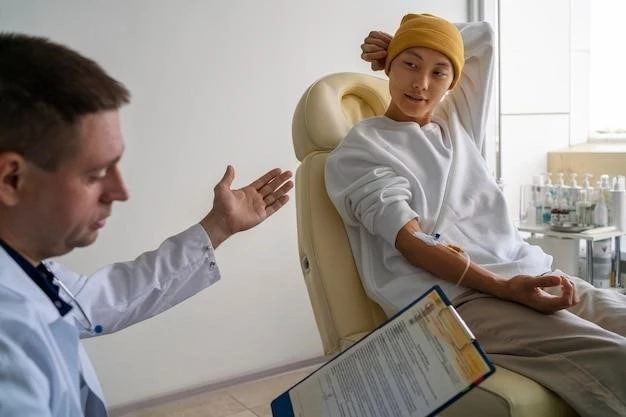Introduction to Myositis
Myositis is a rarely-encountered medical condition characterized by inflammation affecting the muscles. The manifestations of this condition may include skin issues, muscle weakness, and the potential involvement of other organs.
Definition and Overview
Myositis is a condition characterized by inflammation affecting the muscles, with symptoms like muscle weakness, skin problems, and potential organ involvement. This rare disease can also present systemic symptoms such as fatigue, weight loss, and low-grade fever.

Symptoms and Diagnosis of Myositis
Myositis often presents with muscle weakness, skin problems, and potential systemic symptoms like fatigue, weight loss, and low-grade fever. Diagnosis involves physical exams, blood tests, imaging studies, and sometimes muscle biopsies to confirm the condition.
Common Symptoms
Myositis commonly presents symptoms such as muscle weakness, skin problems, fatigue, weight loss, low-grade fever, and potential involvement of other organs. These manifestations vary in individuals and can impact daily life and activities.
Diagnostic Procedures
Diagnostic procedures for myositis typically involve a combination of physical examinations, blood tests to check for muscle enzyme levels, imaging studies like MRI and ultrasound, and sometimes muscle biopsies to confirm the diagnosis. These methods help healthcare providers evaluate muscle inflammation, weakness, and potential involvement of other organs.
Types and Causes of Myositis
Idiopathic inflammatory myopathies, known as myositis, are rare autoimmune diseases characterized by muscle inflammation and weakness. Polymyositis and dermatomyositis are the most common forms of myositis.
Different Types of Myositis
Polymyositis and dermatomyositis are the most common forms of myositis, both falling under the category of idiopathic inflammatory myopathies. These rare autoimmune diseases involve inflammation and weakness of skeletal muscles, and in some cases, can affect internal organs like the lungs, heart, and esophagus.
Possible Causes of Myositis
The exact causes of myositis are not fully understood, but it is believed to be an autoimmune disease where the body’s immune system mistakenly attacks its tissues. Other potential triggers include infections, medications, and environmental factors. Genetic predisposition may also play a role in the development of myositis.
Treatment and Management of Myositis
The primary treatment for myositis often involves the use of corticosteroids to address inflammation and suppress the immune system. Additional medications that suppress the immune response may be added. Long-term management may include exercise, rest, proper nutrition, and stress reduction to help manage the condition effectively.
Primary Treatment Approaches
The primary treatment for myositis often involves the use of corticosteroids to address inflammation and suppress the immune system. Additional medications can be prescribed to further suppress the immune response, helping manage the inflammation and associated symptoms.
Long-Term Management Strategies
Long-term management of myositis often involves a multifaceted approach that includes medication, physical therapy, regular exercise, stress management, and proper nutrition. Individuals with myositis may benefit from joining support networks, adapting to lifestyle changes, and working closely with healthcare professionals to optimize their management strategies.

Research and Clinical Trials on Myositis
Experts are actively researching the causes and treatments for myositis through collaborations at specialized centers. Clinical trials play a vital role in evaluating innovative approaches and potential therapies for individuals with myositis.
Innovative Research Efforts
Researchers are actively exploring innovative approaches to understand the causes and develop effective treatments for myositis. Collaborative efforts at specialized centers and participation in clinical trials drive advancements in addressing this rare autoimmune disease.
Clinical Trials and Collaborative Studies
Collaborative efforts between researchers at specialized centers and participation in clinical trials play a key role in advancing the understanding and treatment of myositis. These studies aim to evaluate innovative therapies, improve patient outcomes, and further the knowledge of this rare autoimmune disease.
Personal Experiences with Myositis
Celebrity cases like Samantha Ruth Prabhu’s reveal the challenges individuals may face when living with myositis. Sharing personal stories and connecting with support networks can provide insights and emotional support.
Celebrity Cases
Celebrities such as Samantha Ruth Prabhu have shared their stories of living with myositis, shedding light on the challenges and experiences associated with the condition. Their openness helps raise awareness and provides a source of support for others facing similar journeys.
Individual Stories and Support Networks
Personal stories like Samantha Ruth Prabhu’s battle with myositis highlight the impact of the disease on individuals. Joining support networks can provide comfort, guidance, and a sense of community for those navigating their myositis journey.
